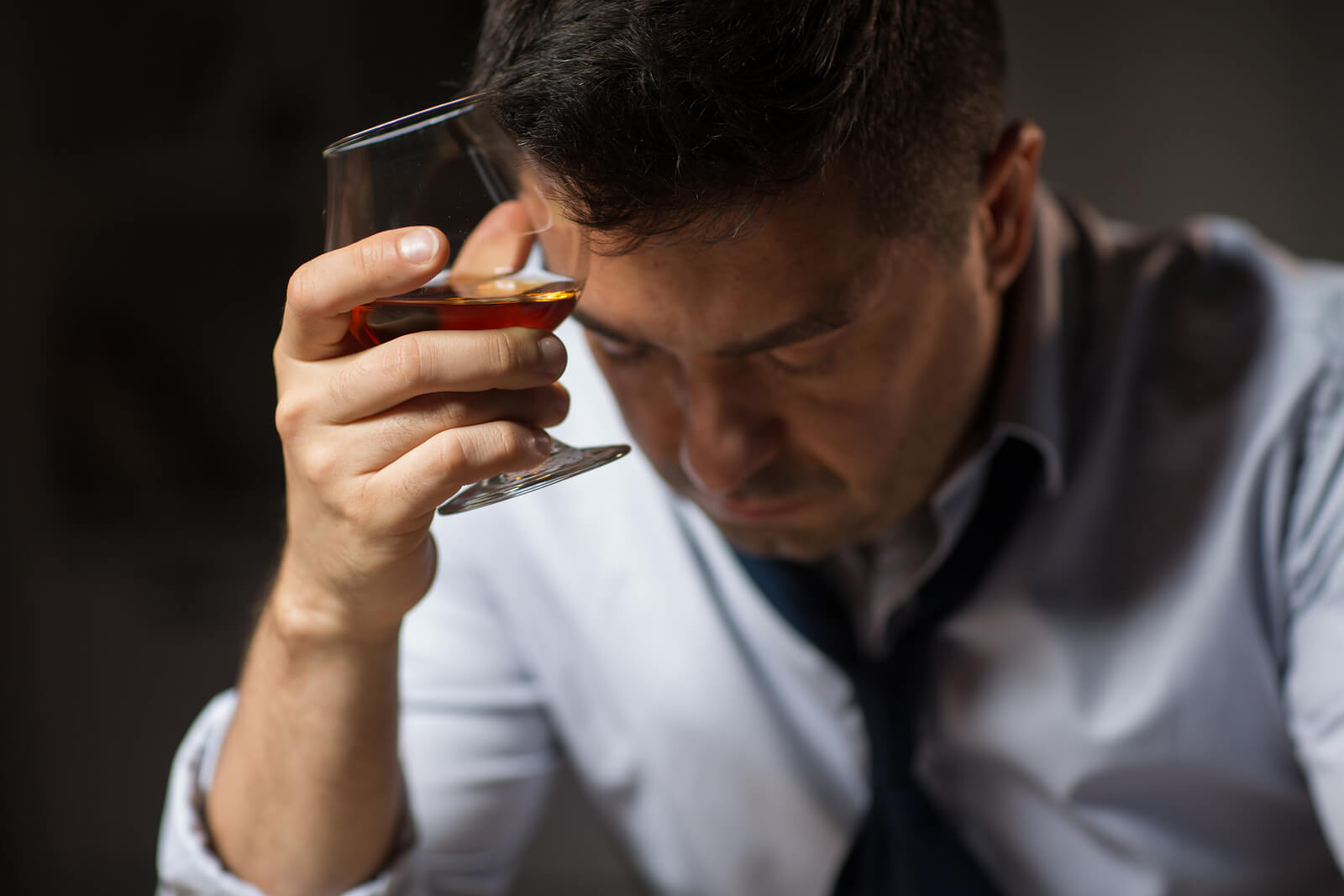Most of us have been in a situation where having a drink was the socially acceptable thing to do. Whether it’s after a hard day at work, a stressful event or just enjoying a night out, alcohol is often used to help us loosen up and enjoy the present moment. But what happens when that craving becomes stronger? As the cravings and urges build, you might ask yourself, “Have I become addicted?”
The reality is alcohol can be highly addictive. But the question is, why? And why doesn’t everyone who drinks become addicted?
The truth is, there are several factors that contribute to alcohol addiction. If you or someone you know is suffering from an alcohol addiction, breaking out of the drinking cycle and finding help can be hard. That’s why in this article we’re going to shed some light on what makes alcohol addictive.
Why is Alcohol Addictive?
The Physical Factors
When you drink alcohol, it stimulates the pleasure center in your brain. This provides a temporary and unhealthy way of coping with the negative feelings or the difficult situation you’re currently in.
The more you drink, the more your body learns to anticipate the physical effect of alcohol. Research suggests that alcohol also increases the brain’s production of endorphins, chemicals associated with pleasure and reward.
After enough time, your brain will begin to re-wire itself to regularly expect the sensation of endorphins released by your next drink. At the same time, the alcohol is shutting down parts of the brain that handle impulse control. This is what makes alcohol addictive. It can create a cycle in your brain that often leads to more drinking.
The Effect of Social Influences on Drinking
Unlike some other addictive substances, alcohol is legal. In fact, most adult parties include some type of alcoholic beverage. Think about it, when was the last time you went to a wedding or a night out and didn’t at least get offered a drink?
So, is alcohol more addictive because of social norms?
The answer is yes. After all, many people are convinced that social occasions need to include alcohol for them to be fun. As a result, it’s easy for peer pressure and social cues to drink to become overwhelming. Everyone has moments in life where they give in, it’s natural. But those moments don’t have to be negative. Instead, they can become a foundation for change.
The Psychological Factors
Part of what makes alcohol addictive is that it’s a learned behavior. A simple way to think about it is alcohol creates a connection that replaces your brain’s natural way of helping you feel good. As you drink more and more, that connection grows stronger, telling your brain that you need alcohol in order to feel better.
Higher levels of drinking can occur for many reasons, including depression, anxiety and even stress. Speaking of stress, it plays a large role in what makes alcohol addictive.
Alcohol provides a temporary (and unhealthy) solution for coping with stress. It’s actually a double-edged sword, as high stress levels can lead to increased amounts of drinking. This often leads to people getting caught up in a self-fulfilling prophecy, where they tell themselves that the only way to feel better is to drink more alcohol.
Unfortunately, many mental health issues, or dual diagnosis disorders, play a role in the development of an alcohol addiction. But luckily, treatment is available to help you or a loved one recover from the physical and psychological factors that led to and influenced the addiction.
Find Your Way Back from Alcohol Addiction at Silver Maple Recovery
If you or a loved one is suffering from alcohol addiction, know that finding your way back is possible. At Silver Maple Recovery, we can’t make the choice of a brighter future for you. But once you reach out, we’re here to walk that journey with you. We use clinical, evidence-based treatment, backed by a local and highly experienced team who is dedicated to helping you recover from alcohol addiction.
Contact us online today or call us at 855-762-7531. Our phone lines are open 24/7 to help prove that you don’t have to find your way back from alcoholism alone.







